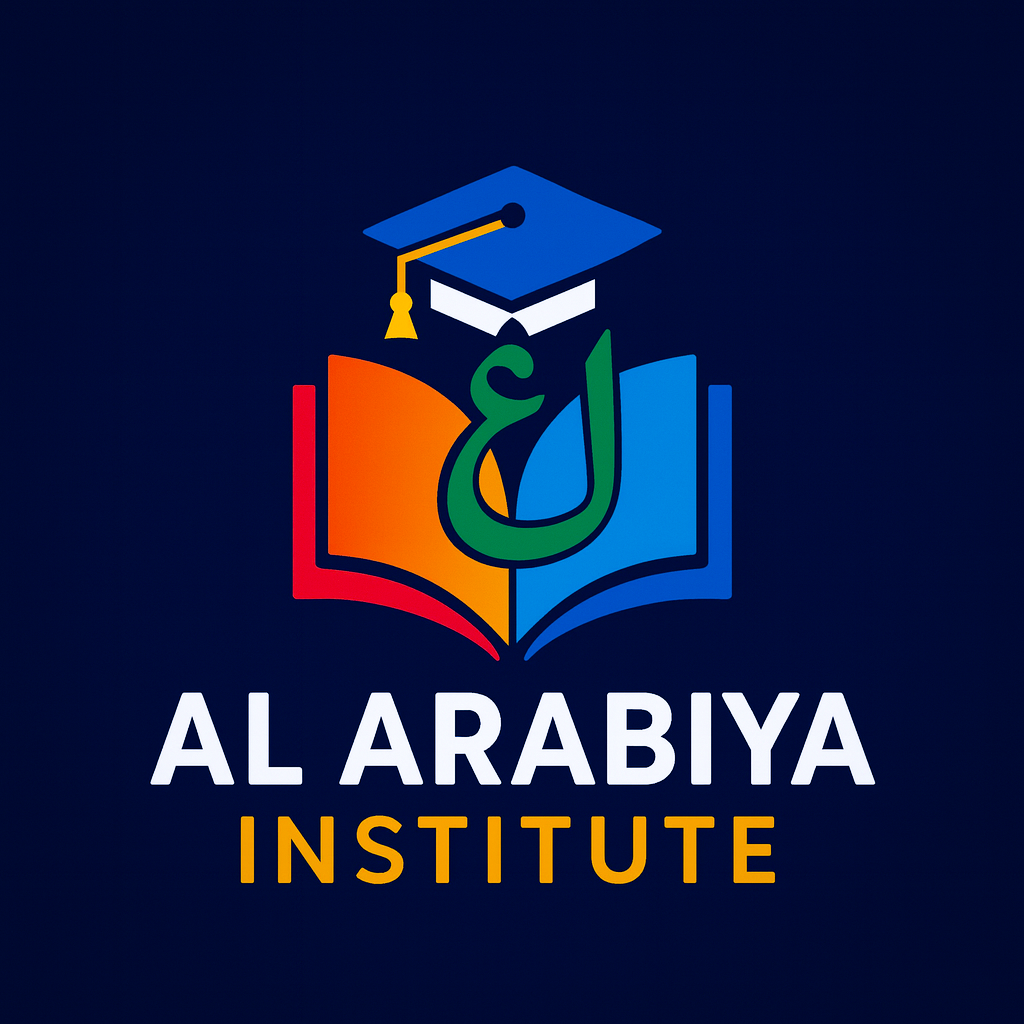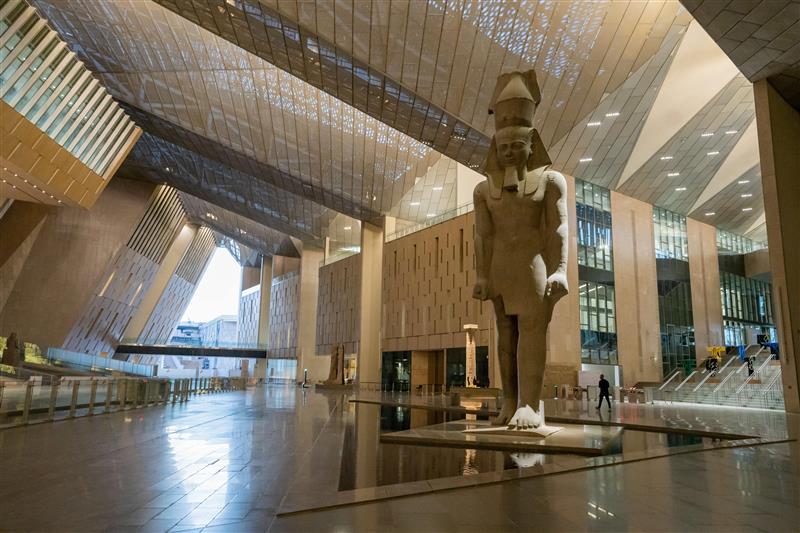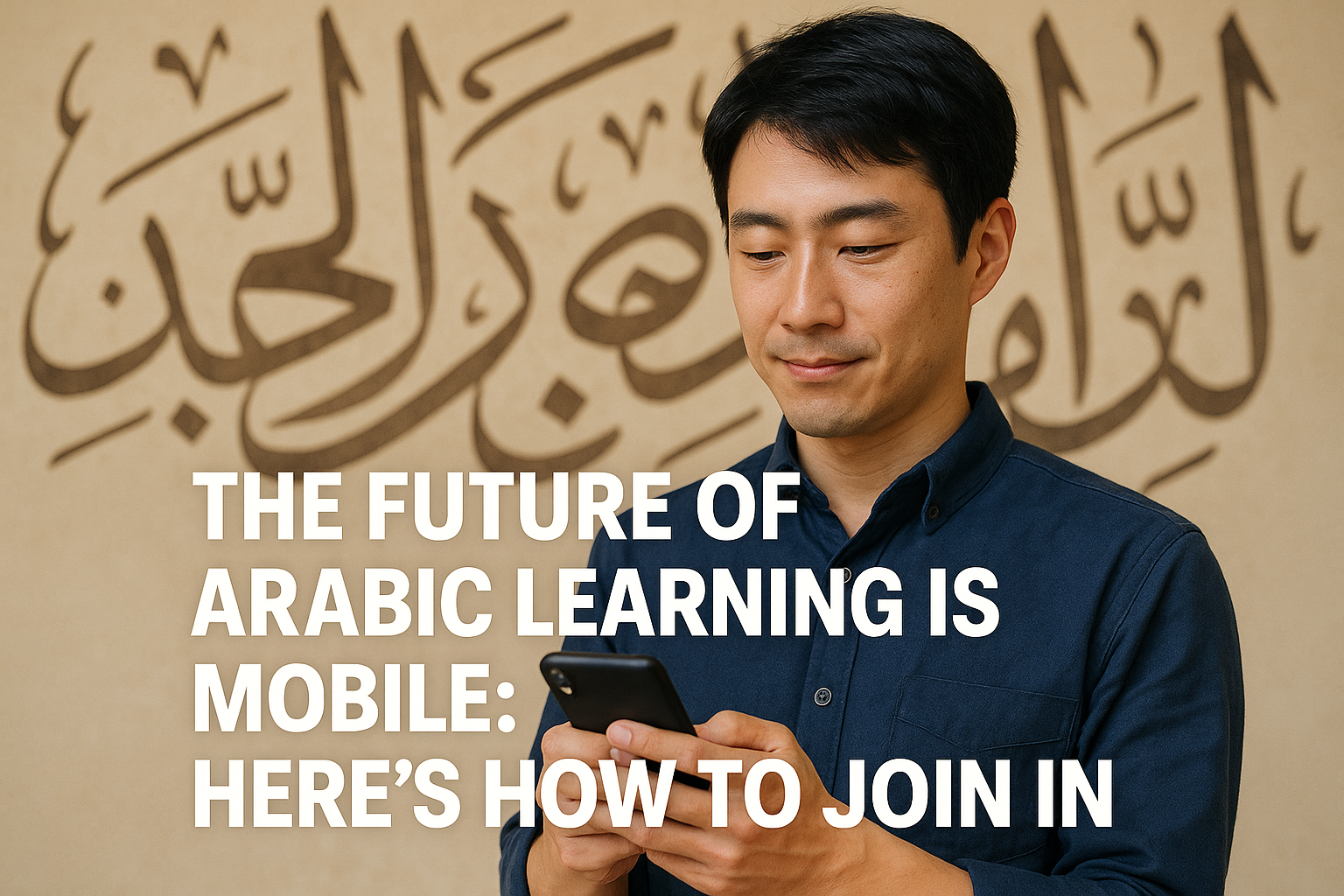Modern Standard Arabic (MSA) for Kids: A Beginner’s Guide
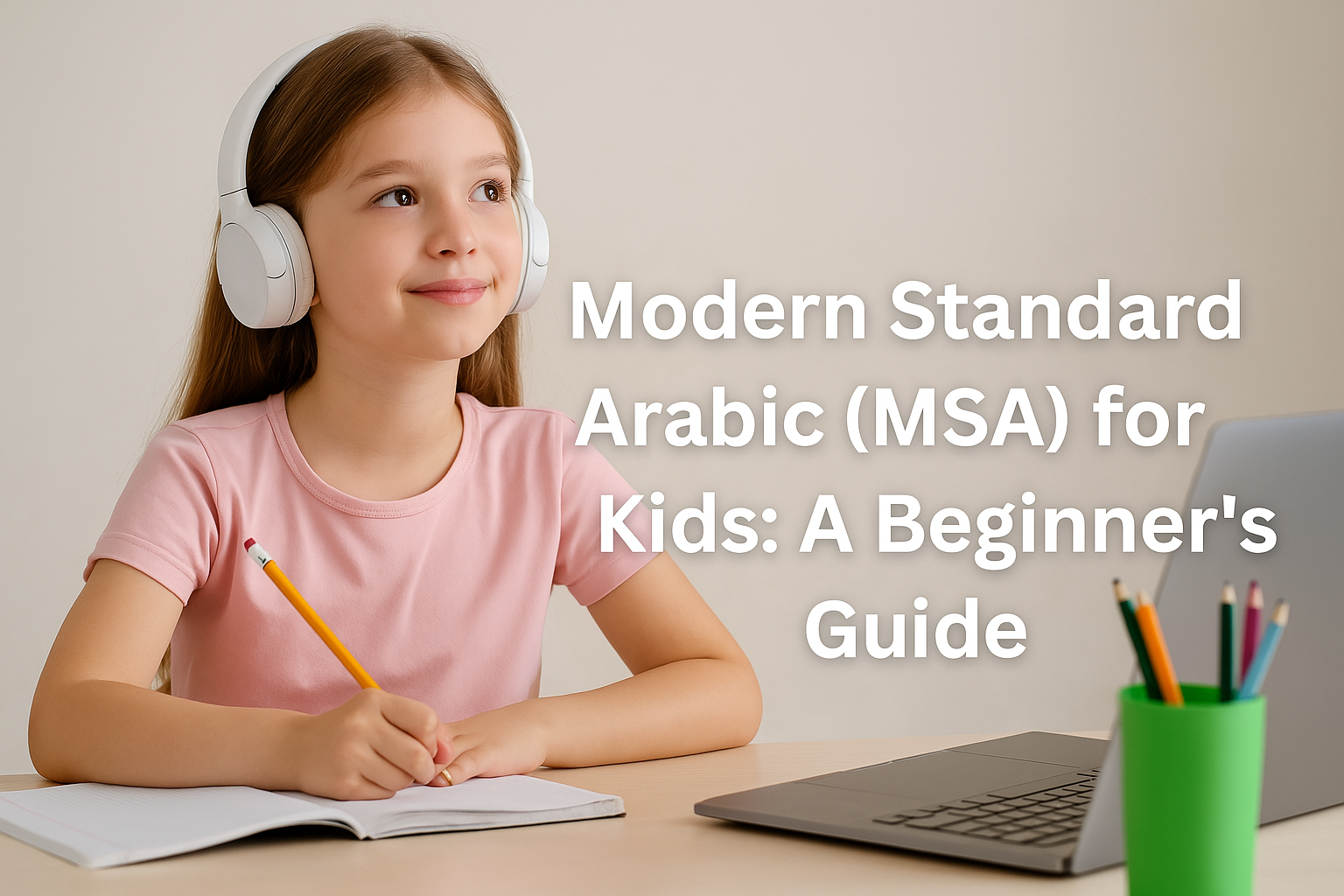
In a world where being bilingual or even trilingual is increasingly beneficial, introducing your child to Arabic can be one of the most rewarding educational decisions you make. Whether your goals are to strengthen cultural roots, improve Quranic understanding, or open global opportunities, starting with Modern Standard Arabic (MSA) for Kids is a smart and structured approach.
In this beginner’s guide, we’ll explore what Modern Standard Arabic is, why it’s ideal for kids, how to make the learning process fun and effective, and how Al Arabiya Institute stands out as one of the best online platforms offering Arabic learning courses with excellent prices and free trial lessons.
What is Modern Standard Arabic (MSA)?
Modern Standard Arabic (MSA) is the formal and standardized version of Arabic that is taught in schools and used in official documents, media, books, and news broadcasts across the Arab world. It is based on Classical Arabic—the language of the Quran—but with some modern vocabulary and usage. It serves as the linguistic bridge that connects Arabic speakers from Morocco to the Gulf.
When it comes to Modern Standard Arabic (MSA) for Kids, the benefits are plenty. MSA offers a solid foundation in vocabulary, grammar, and sentence structure, preparing children to later explore different Arabic dialects or delve deeper into Islamic studies.
Why Choose Modern Standard Arabic (MSA) for Kids?
1. Uniformity and Clarity
MSA is consistent across the Arab world. Unlike local dialects, which vary significantly from one region to another, MSA is understood by all educated Arabic speakers. Teaching Modern Standard Arabic (MSA) for Kids gives them a universal tool to communicate, read, and understand formal Arabic.
2. Academic and Media Access
Since MSA is the language of the media, books, and educational institutions, learning it equips children with the ability to access a wide range of content. This is especially useful if your child might study in an Arabic-speaking country or engage with Arabic media.
3. Strong Foundation for Quranic Arabic
While MSA and Classical Arabic are not identical, they are closely related. Kids who start with Modern Standard Arabic (MSA) will find it easier to understand the Quran and Islamic texts later on.
When Should Kids Start Learning Arabic?
There’s no perfect age to start, but earlier is usually better. Children have an incredible capacity to absorb new sounds and patterns, especially in the formative years between 4 and 10. Starting young allows kids to develop near-native pronunciation and become comfortable with Arabic’s unique script and sounds.
At Al Arabiya Institute, we offer Modern Standard Arabic (MSA) for Kids through specially designed courses that are age-appropriate, interactive, and engaging. Our courses cater to various age groups, from complete beginners to kids who already have some exposure to Arabic.
How to Teach Modern Standard Arabic (MSA) to Kids Effectively
1. Start with Sounds and Letters
Arabic has 28 letters, many of which are unfamiliar to non-native speakers. Begin with the alphabet and focus on correct pronunciation, especially for letters that don’t exist in English, like ع (‘Ayn) or خ (Khā).
At Al Arabiya Institute, our instructors help kids master pronunciation using fun repetition games, videos, and interactive digital tools.
2. Use Visual and Auditory Tools
Children respond well to images, songs, and stories. Incorporating audio-visual resources into Arabic lessons makes learning more effective and enjoyable. Try Arabic cartoons, sing-along songs in MSA, or picture books with Arabic text.
We integrate these methods into our Modern Standard Arabic (MSA) for Kids programs, using creative teaching strategies tailored to each child’s learning style.
3. Keep it Interactive
Kids learn best when they are engaged. Encourage participation through flashcards, role-play, games, and dialogue practice. Let children “play” with the language.
Our live online classes at Al Arabiya Institute are small and interactive, ensuring that every child has the opportunity to speak, ask questions, and stay engaged.
4. Practice Reading and Writing Gradually
Once your child is comfortable with the Arabic alphabet, gradually introduce them to reading and writing short words and phrases. Focus on sight words and commonly used terms in MSA.
We provide downloadable workbooks and reading exercises in our course packages, reinforcing what students learn during lessons.
5. Create a Routine
Learning Arabic, like any language, requires consistency. Set aside 15–30 minutes a day for Arabic practice. Short, regular sessions are more effective than infrequent long lessons.
Our flexible scheduling at Al Arabiya Institute allows parents to set up lesson times that fit their child’s routine, making language learning part of daily life.
Common Challenges and How to Overcome Them
• Arabic Script Intimidation
Arabic is written right-to-left and has different letter forms depending on where the letter appears in a word. This can be confusing at first. Break it down slowly and focus on letter recognition before jumping into full reading.
• Limited Exposure
If Arabic isn’t spoken at home, kids might not hear it often enough. This is why enrolling them in a program like Modern Standard Arabic (MSA) for Kids at Al Arabiya Institute is so beneficial. Regular interaction with native speakers boosts confidence and retention.
• Motivation
Keep the experience fun! Celebrate milestones, give praise, and relate lessons to topics your child enjoys (animals, colors, sports, etc.).
Why Choose Al Arabiya Institute?
There are many online Arabic programs out there, but here’s why Al Arabiya Institute is a top choice for Modern Standard Arabic (MSA) for Kids:
✔️ Expert Teachers
Our instructors are highly experienced in teaching Arabic to non-native children. They use modern teaching methods and adapt lessons to the student’s level and pace.
✔️ Affordable Pricing
We offer the best prices for professional Arabic instruction—without compromising on quality. You can get world-class Arabic education from the comfort of your home.
✔️ Free Trial Lessons
Want to try before you commit? We offer free trial lessons, so your child can experience the course and meet the teacher before signing up.
✔️ Customized Curriculum
Our curriculum is designed specifically for kids, with a focus on interactive learning, fun activities, and gradual skill-building.
✔️ Safe, Kid-Friendly Environment
All classes are conducted online in a safe, moderated environment where children feel comfortable and supported.
A Final Word: Make Arabic Part of Your Child’s World
Learning Arabic doesn’t have to be a chore—it can be an adventure. By starting with Modern Standard Arabic (MSA) for Kids, you give your child a tool that will serve them academically, spiritually, and culturally.
And you don’t have to do it alone.
Al Arabiya Institute is here to support you every step of the way with personalized courses, professional teachers, affordable pricing, and engaging materials designed just for kids.
👉 Start your child’s Arabic journey today with a free trial lesson at Al Arabiya Institute – where language meets inspiration.
📌 Summary Checklist
-
✅ Start early – ages 4–10 is a great time
-
✅ Focus on MSA for long-term benefits
-
✅ Use fun, interactive, and visual tools
-
✅ Practice reading, writing, listening, and speaking
-
✅ Join a quality online program like Al Arabiya Institute
👉 Visit Al Arabiya Institute and book your free trial lesson now!
